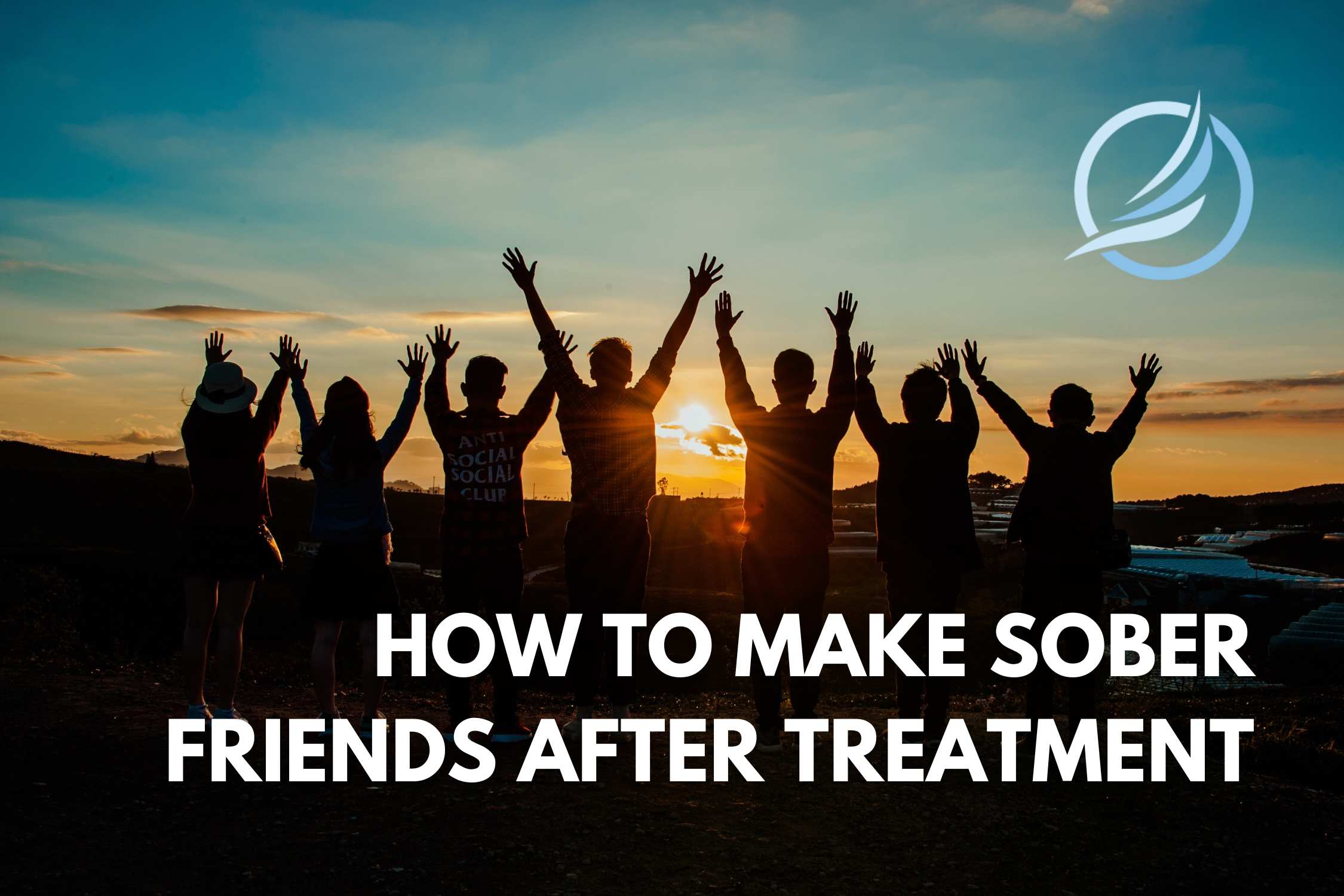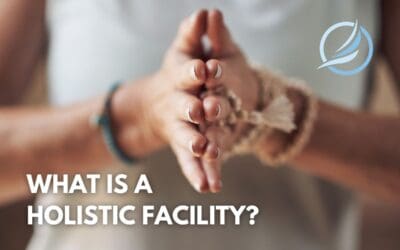After completing addiction treatment, maintaining sobriety is a daily commitment, and having a strong support network is one of the most crucial factors in staying on the path to long-term recovery. Surrounding yourself with individuals who understand your journey and support your sober lifestyle can make all the difference.
However, it’s not always easy to find new social circles when your old friends and activities may have been tied to past substance use. Building a supportive and sober network can feel challenging, especially at first, but it’s a vital step toward maintaining the healthy habits learned in treatment.
Why Sober Friends Are Important
Sober friendships provide a network of support and encouragement, helping you stay grounded in your commitment to sobriety.
- Support in Recovery. Sober friends offer a level of understanding that others may not be able to provide. They’ve either been through similar experiences or have a deep respect for your sobriety journey. This understanding means they can offer meaningful encouragement when cravings hit.
- Shared Values. Building relationships with people committed to a sober lifestyle is incredibly important. These shared values make it easier to engage in alcohol-free social activities, whether it’s attending sober meetups, going to alcohol-free bars, or enjoying a sober retreat.
- Positive Influence. Sober friends encourage healthy habits, both in everyday life and social situations. Whether it’s joining a support group, participating in book clubs, or engaging in outdoor activities, sober friends can help you embrace new ways to enjoy life without alcohol or substances.
Where to Find Sober Friends
Whether you’re looking for structured support or more casual social connections, there are plenty of ways to meet other sober people and build your network.
12-Step Meetings and Support Groups
One of the most effective ways to connect with others in recovery is by attending 12-step meetings like Alcoholics Anonymous (AA) or Narcotics Anonymous (NA). These support groups provide a safe and understanding environment where everyone is focused on maintaining sobriety. Additionally, other programs such as SMART Recovery offer alternative approaches to recovery and are excellent places to meet people with shared goals.
Sober Living Communities
Sober communities are residential environments designed to support people in recovery by surrounding them with others who are also committed to staying substance-free. Sober living communities foster a strong sense of accountability and camaraderie, making it easier to form lasting friendships.
Volunteer Opportunities
Volunteering is another excellent way to meet like-minded individuals while giving back to your community. Many people involved in volunteer work are focused on personal growth and positive activities, making it a great way to connect with people who support your sober lifestyle. Volunteering can introduce you to new sober friends, whether it’s helping out at local shelters, food banks, or community events.
Hobbies and Interests
Joining clubs or groups based on your interests is another great way to build a sober social network. Fitness classes, art groups, or outdoor activities can help you meet people in a healthy, sober environment. Book clubs, hiking groups, or even sober meetups in your area can provide opportunities to meet others who prioritize sobriety and personal well-being.
Tips for Building and Maintaining Sober Friendships
Building strong, lasting friendships in sobriety requires patience and effort, but the rewards are well worth it.
- Start with Common Ground. When forming new friendships, it’s helpful to focus on shared interests and values, such as joining a sober group, participating in a book club or attending a sober social event. You’ll find connecting easier when you share hobbies, goals, or a commitment to personal growth.
- Be Open and Honest. While it may initially feel intimidating, honesty about your journey ensures that the friends you make respect and support your commitment. In many cases, opening up about your experiences can lead to deeper connections and encourage others to share their own stories.
- Take the initiative. Even if it feels uncomfortable, try reaching out to new acquaintances by inviting them to join you for a sober activity or suggesting they attend a local support group together. Taking the initiative shows that you’re committed to building meaningful relationships, making it easier for others to do the same.
- Establish Boundaries. To protect your sobriety, setting clear boundaries in your friendships is crucial. This means being mindful of the environments you put yourself in and steering clear of social situations where alcohol or drugs may be present. Friends who understand and respect these boundaries are essential for your long-term recovery and well-being.
Long-Term Benefits of Sober Friendships
Sober friendships offer more than immediate recovery support; they provide lasting benefits that can positively impact your overall well-being and quality of life.
- Sustained Sobriety. Surrounding yourself with people who encourage your recovery helps you stay focused and accountable, reducing the risk of relapse. These relationships offer a solid foundation to rely on during tough times, making staying committed to your sobriety goals easier.
- Improved Mental Health. Sober friendships can help lower stress, anxiety, and depression, creating a more stable and supportive environment for your recovery. By spending time with people who share your sober lifestyle, you reduce feelings of isolation and loneliness, which are common triggers for relapse.
- Enhanced Quality of Life. Sober friendships contribute to a more fulfilling social life, where you can enjoy activities and experiences without the presence of alcohol or drugs. These relationships can increase your self-esteem and show you that life can be rich and rewarding without substances.
If you’re looking to find sober friends and build a supportive network, take the first step by seeking out sober social groups, joining a support group, or exploring opportunities to meet other sober people in your community. The Freedom Center is here to help you continue your recovery journey—Contact us to learn more about the resources available to support you.


































